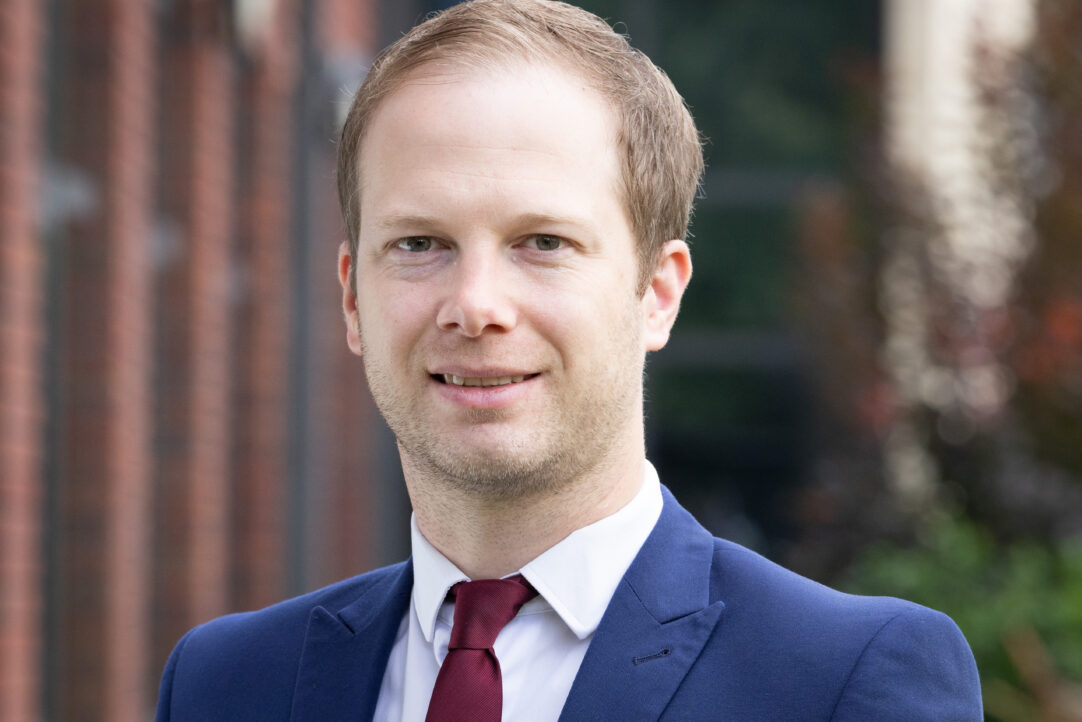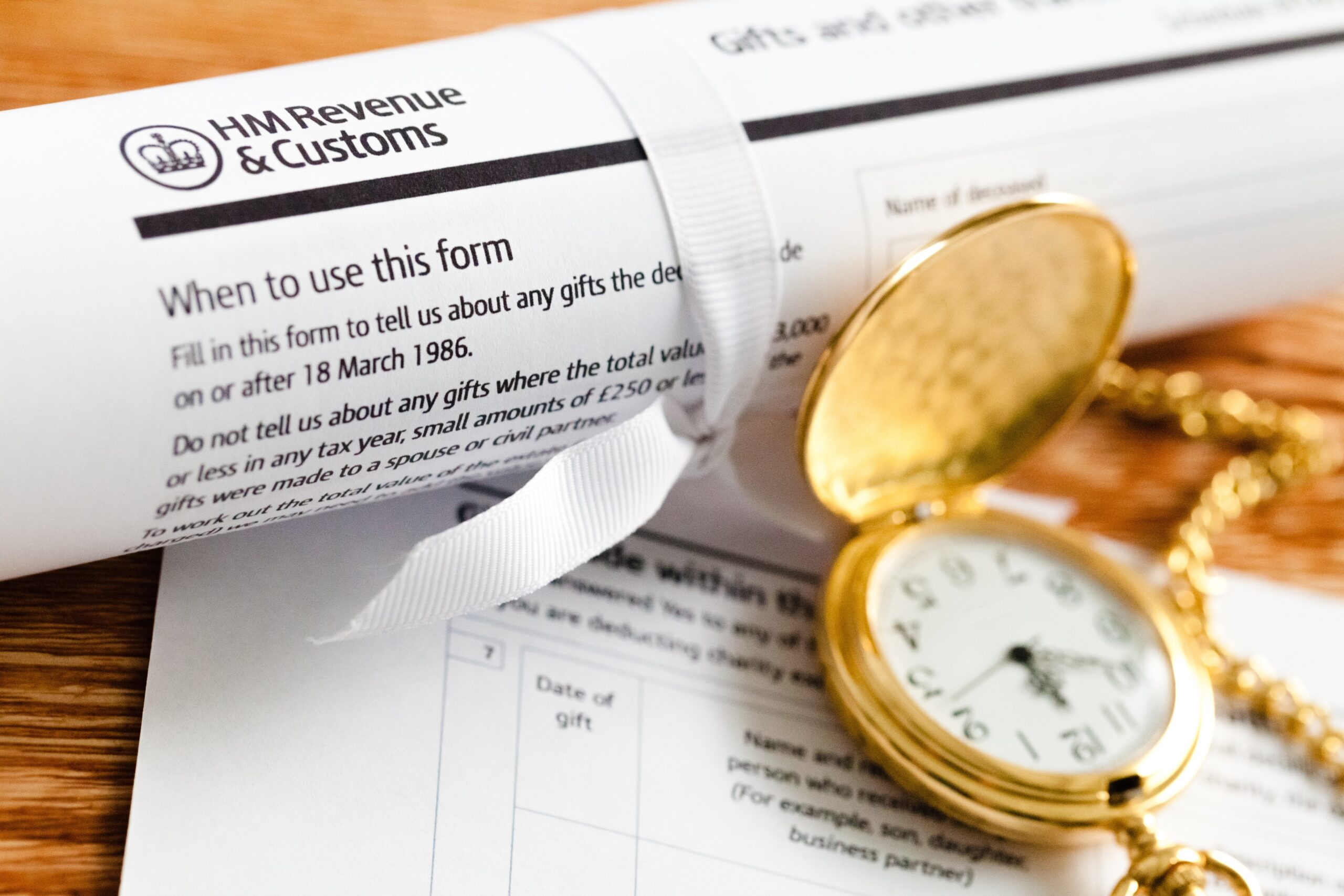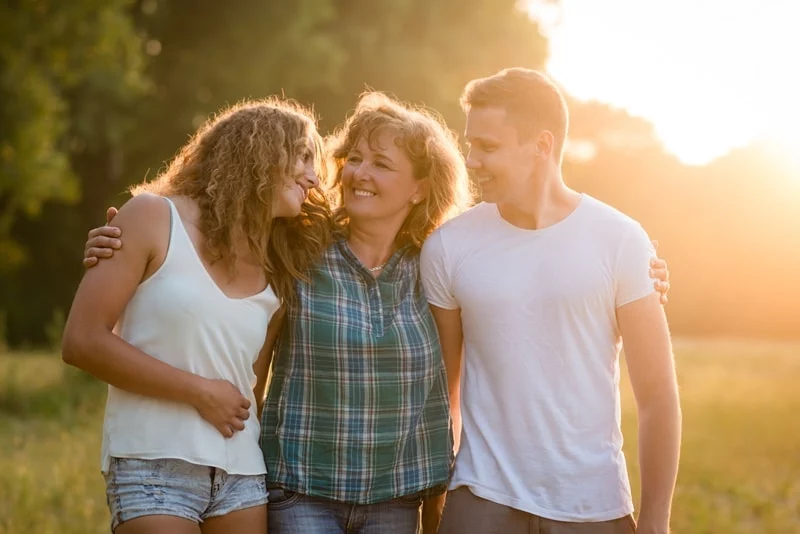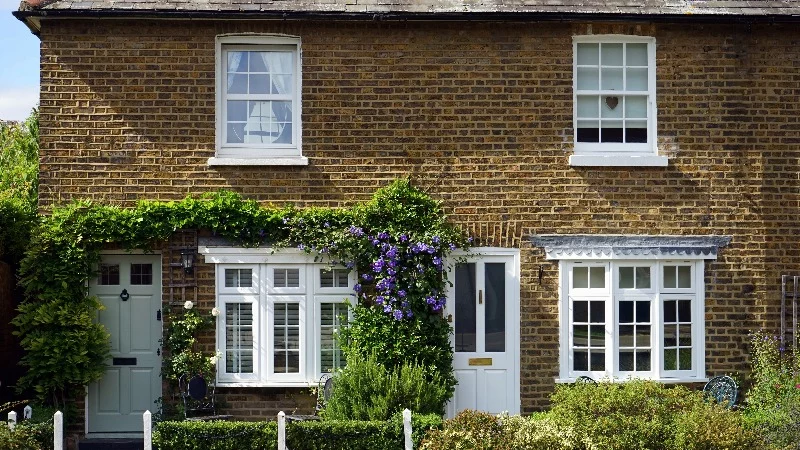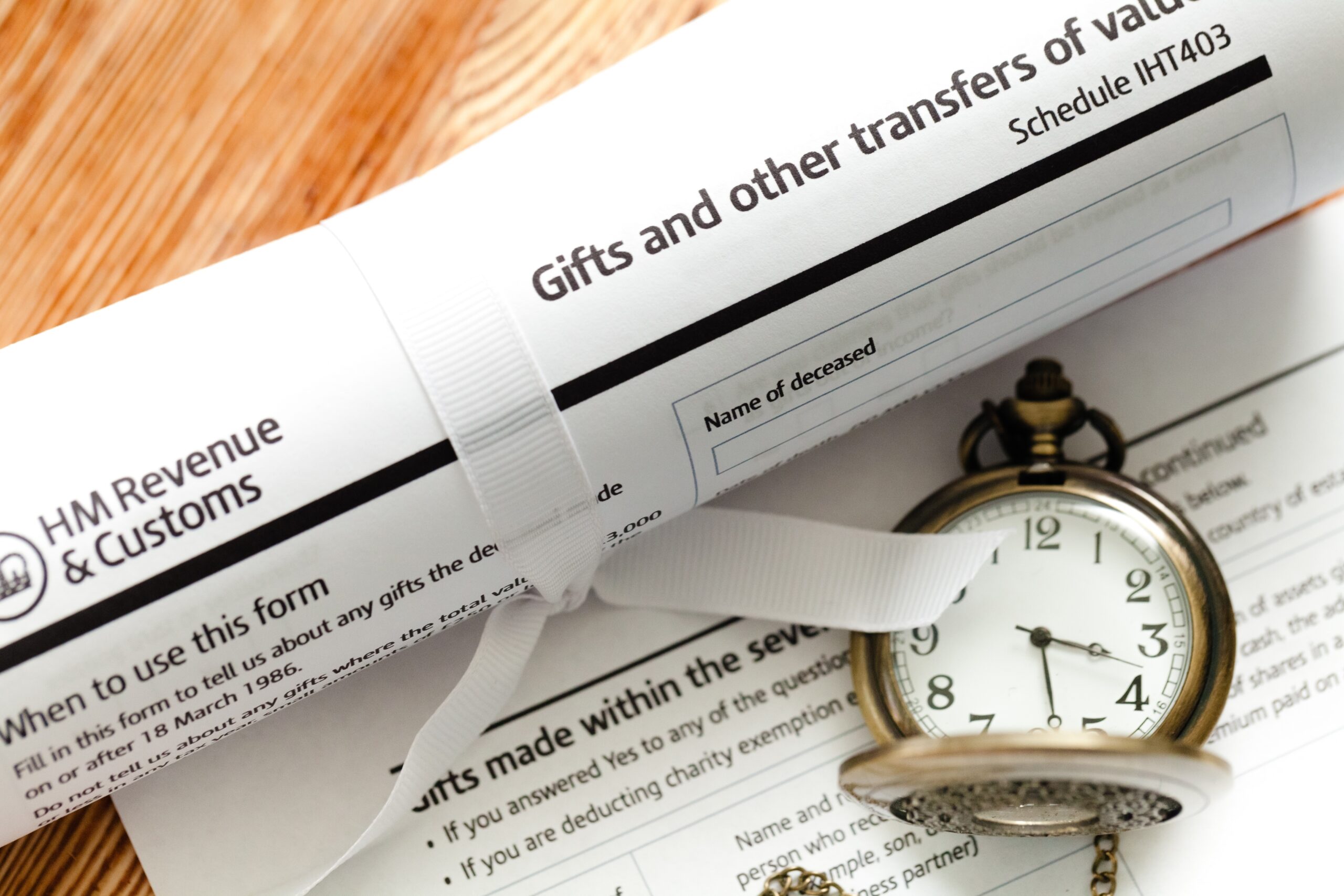- 13 Dec 2023
- •
- 3 min read
Myth Busting – Wills Edition
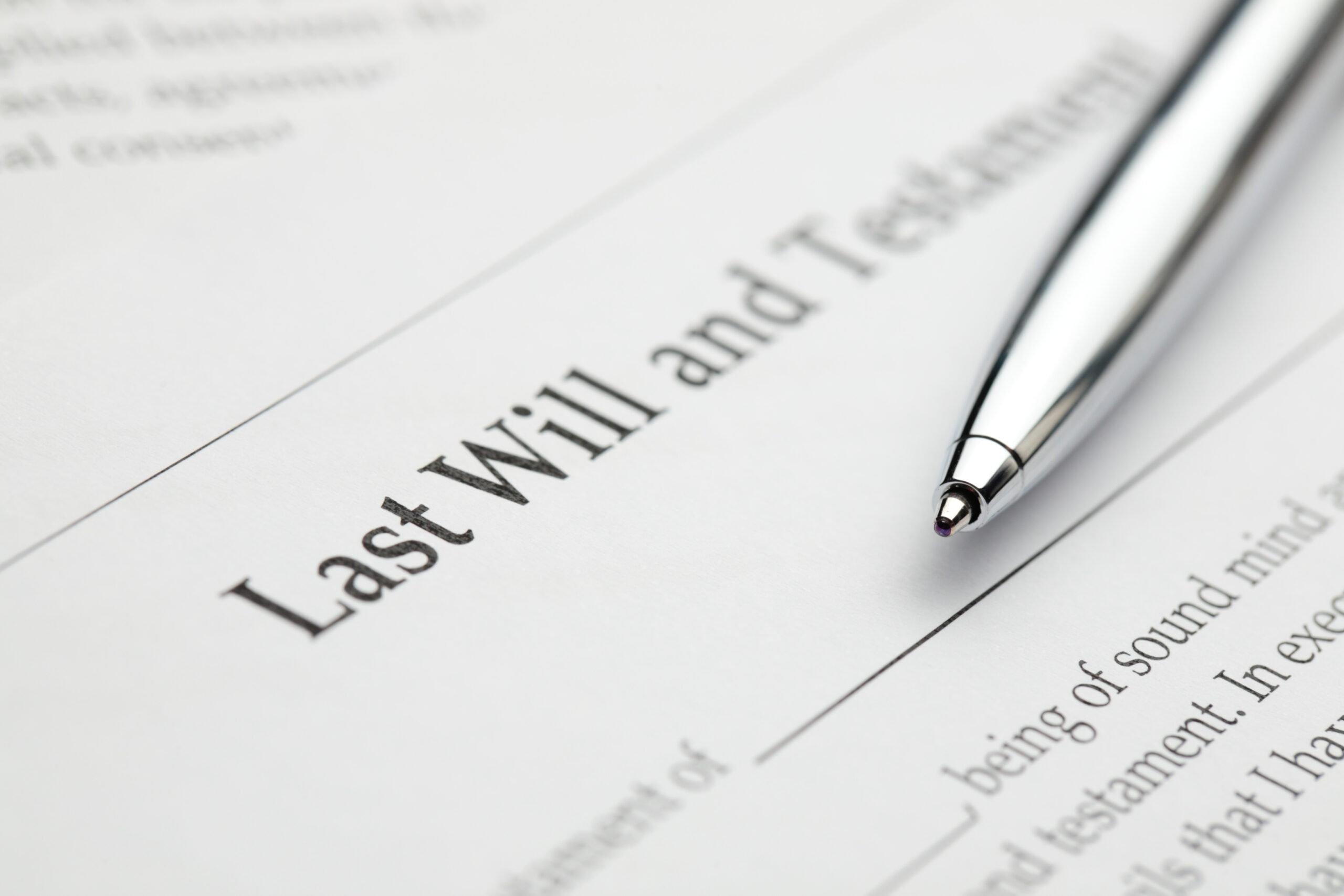
Preparing a Will is incredibly important. It is the only way to ensure that your wishes for what happens to your money and property after you die are respected so far as is possible. However, a startling number of people in the UK still do not have Wills.
The National Wills Report, prepared by the National Will Register, 2023 suggested that only 44% of adults in the UK have prepared Wills. A number of reasons were suggested for this and we look to go through these, as well as some common myths regarding Wills, below.
I don’t have enough money to need a Will
This is a very common statement; however, this is very rarely the case and should not prevent you from preparing a Will. Almost all of us will have something to leave in a Will, even if it is just a small savings account and some personal items, and the likelihood is that we will have ideas about who we want to receive certain things.
We also do not know what the future will hold and, whilst it is advisable to update your Will as both your personal and financial circumstances change, having a basic Will in place that sets out your wishes for your assets will then cover you whilst these changes are taking place.
Wills can also be used to appoint guardians for your young children, and therefore should not simply be thought of as a financial planning document.
I’m too young to make a Will
Sadly, people can die at any age and therefore youth is not a valid reason not to make a Will. In fact, if you leave preparing your Will until you are very old or very ill, it may be more difficult to do this.
Unless you are in the armed forces, the legal minimum age to make a Will is 18 years old, which therefore leaves plenty of time to prepare your Will.
If something happens to me, everything will go to my partner
This is also something we hear far too often, but unfortunately is not always the case. If you and your partner are unmarried when you pass away, then without making specific provision for them in a Will, they will receive nothing unless the beneficiaries either agree to give them some sort of benefit, or they make a successful legal claim.
Similarly, if you are married but also have children, then there is possibility that not all of your estate will pass to your spouse. If the children are under 18, this situation becomes all the more complicated.
Overall, whilst this belief may ring true, it is not worth the risk in finding out.
If something happens to me, my family can divide things up between them
Yes, if you die without making a Will, then generally speaking your estate will go to your family. But the question is, which family members will benefit?
The intestacy rules set out a priority order of the family members who will benefit if you die without having made a Will. As a basic outline, the first priority is your spouse, then your children, then your parents, siblings, grandparents, aunts/uncles etc. Generally speaking, if there are surviving relatives on a higher priority level, then they will receive your whole estate. You will have no control over this, and therefore that favourite cousin of yours may not receive anything from your estate.
Wills are scary/complicated
They can be, but they don’t have to be. Here at Trethowans, we have a great team of qualified individuals who can talk you through any complexities in an easy, comforting manner. We are down to earth, and strive to be on your wavelength, and therefore you can relax knowing that we will guide you through the process of preparing a Will as smoothly as we can.
Our team of solicitors are experienced in helping you complete the process as quickly and smoothly as possible. If you have any queries regarding wills, lasting powers of attorney or estate/tax planning or would like more information, call our team today on 0800 2800 421.







